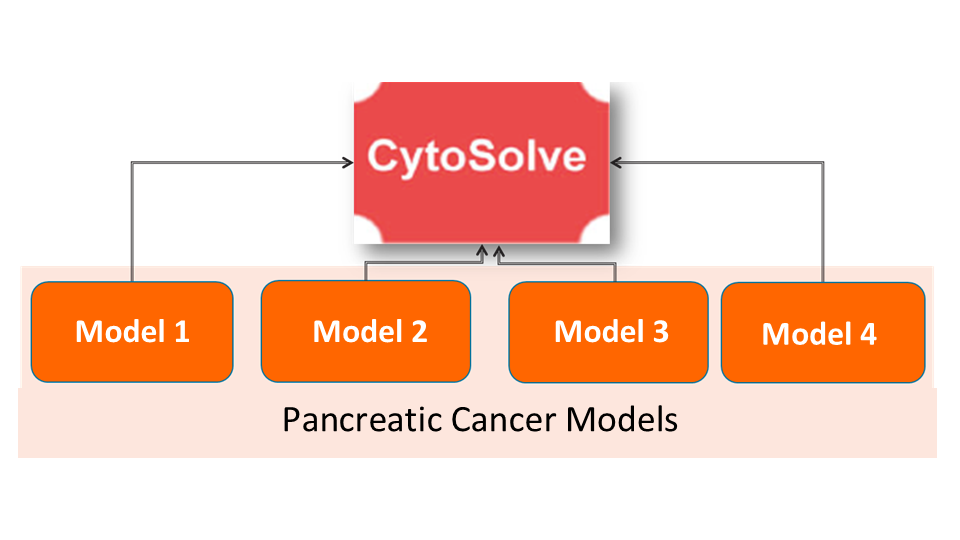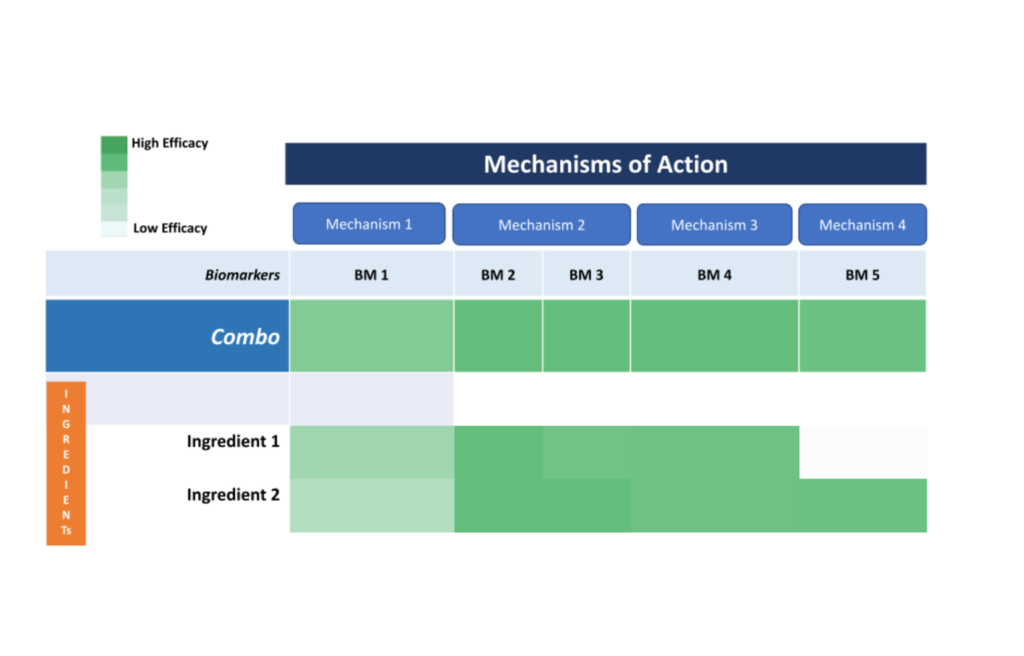Pancreatic cancer arises in the tissues of the pancreas, a vital organ behind the stomach responsible for producing digestive enzymes and hormones like insulin.
Pancreatic cancer arises in the tissues of the pancreas, a vital organ behind the stomach responsible for producing digestive enzymes and hormones like insulin. It’s often considered a particularly challenging cancer due to its aggressive nature and the difficulty in detecting it in its early, more treatable stages. Early symptoms of pancreatic cancer are often vague and can include jaundice (yellowing of the skin and eyes), abdominal or back pain, unexplained weight loss, loss of appetite, fatigue, and changes in bowel habits. Unfortunately, by the time these symptoms become noticeable, the cancer may have already spread beyond the pancreas to nearby organs or distant sites, making treatment more complex. Several factors can increase an individual’s risk of developing pancreatic cancer. These include smoking, obesity, diabetes, chronic pancreatitis (long-term inflammation of the pancreas), a family history of pancreatic cancer, and older age. Genetic mutations can also play a role in some cases. Diagnosis typically involves a combination of imaging tests such as CT scans, MRI, and endoscopic ultrasound, along with a biopsy to confirm the presence of cancerous cells. Treatment options depend on the stage of the cancer and the patient’s overall health. They can include surgery to remove the tumor (if possible), chemotherapy, radiation therapy, targeted therapy drugs that focus on specific abnormalities in cancer cells, and immunotherapy. Research continues to explore new and more effective ways to diagnose and treat pancreatic cancer.
The Systems Architecture of Pancreatic Cancer is published as a web based tool open to public . Click below to interact with the Systems Architecture
A peer-reviewed publication resulting from the Pancreatic Cancer Initiative was published in 2023 in the Journal of American Dental Association. Download the paper below.
In this phase, the Pancreatic Cancer initiative will conduct in silico modeling to identify and test the efficacy of natural compounds against the Oral Health diseases such as Periodontitis, tooth loss and dental caries

In this phase, combination screening will be performed to identify potential ingredient/compounds that target the biological process implicated in Pancreatic Cancer pathogenesis. This phase is yet to begin

The Open Science Institute® through its Pancreatic Cancer Initiative is moving towards getting patents for a revolutionary molecule that effectively combats periodontal disease, contributing breakthrough real solutions to society worldwide.
The Pancreatic Cancer Initiative plans to discover, develop, license and manufacture proprietary nutraceuticals to support treatment of Periodontitis. Support our mission to bring this innovation to those who need it most. Please support this phase by donating to the Pancreatic Cancer Initiative

